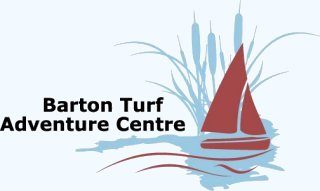We can arrange for the RYA to assess candidates for a VHF (Short-range Radio) Certificate and licence. Normally this would be at BTAC, although it can be elsewhere (e.g. a sailing club) if there are enough candidates (minimum of four) and the premises are suitable.
Each candidate will need to pay the RYA a fee of £70 for Assessment and Licence, and they should bring a receipt voucher, obtained from the RYA, to the assessment.
The Assessment is in two parts.
First is a multiple-choice question paper that covers various aspects of the theoretical side of the course – licence conditions, legalities, technical knowledge etc. It always includes a question requiring you to script a Distress or Urgency message though.
B – Working knowledge. Some non-critical errors in practice;
C – Understanding of procedure
Distress Situations
- Identify a distress situation. – A
- Initiate a DSC distress alert, with position and time input manually or automatically. – A
- Send a distress call and message by voice. – A
- Respond appropriately to a DSC distress alert, call and message, including relay of a distress message. – B
- Know how to deploy an EPIRB and a SART. – C
- Know the procedure for cancellation of a DSC distress alert sent in error. – B
Urgency Situations
- Identify an urgency situation. – A
- Initiate a DSC urgency alert. – B
- Send an urgency message by voice. – B
- Respond appropriately to an urgency message. – B
Safety Situations
- Identify a situation in which a safety message is appropriate. – B
- Initiate a DSC safety alert. – B
- Send a safety message by voice on an appropriate channel. – C
- Receive Maritime Safety Information received by NAVTEX. – C
Routine Communication
- Initiate a routine call using DSC, selecting an appropriate working channel. – A
- Establish communication and exchange messages with other stations by voice using appropriate channels and power level. – A
- Test the radiotelephone by means of an appropriate test call. – C
- Enter a DSC group or individual MMSI number. – A
- Maintain an appropriate listening watch on DSC and voice channels. – C
- Use the International Phonetic Alphabet. – A
The test paper takes about half-an-hour; the practical assessment also takes about half-an-hour, but most Assessors will handle only one or two candidates at a time, so, if there are a number of people being assessed, you may have to wait a bit for your turn.
If you pass the assessment, your pass certificate is sent to the RYA, and in due course of time they will send you a licence.
If you fail the assessment, then we can usually arrange a quick re-sit for which the RYA ask an extra fee. If we cannot arrange this e.g. if you need to go away and repeat some of the course, then any subsequent assessment will attract the full fee. (Sorry – their rules, not ours!)
